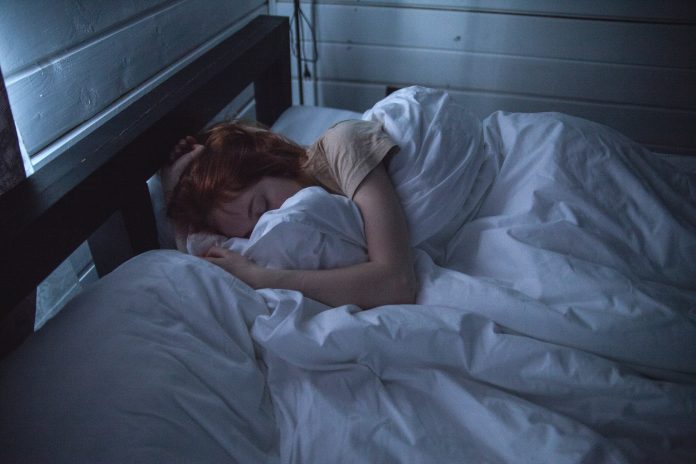Sleep apnea is a severe sleep disorder that interrupts your breathing rhythms during sleep. It makes you repeatedly stop breathing during sleep, causing you to snore loudly and wake up frequently to gasp for breath. If you do not treat your sleep apnea, you can develop hypertension, stroke, heart conditions, or diabetes. Sleep apnea can affect anyone but is most common in adults over fifty years or obese people. There are different forms of sleep apnea, and causes and symptoms vary. Your reliable medical facility, Sleep Services of Maryland LLC, will determine the root cause of your sleep apnea for effective treatment.
Table of Contents
Types of sleep apnea
Obstructive sleep apnea: This is the most common form of sleep apnea. Obstructive sleep apnea occurs when the airways become entirely or partially blocked during sleep. Blockage happens when the soft tissue in the back of your throat collapses. Obstructive sleep apnea makes your diaphragm and chest work harder than usual to open the airways. You may breathe with loud gasps or experience body jerks. This condition affects your sleep, lowers oxygen flow to the vital organs, and causes abnormal heart rhythms.
Central sleep apnea: This form of sleep apnea does not block your airways. Central sleep apnea fails to inform your muscles to breathe because of problems in your respiratory control center. It is related to the functioning of your central nervous system. Central sleep apnea mainly occurs if you have a neuromuscular disease, stroke, heart conditions, kidney disease, or lung problems.
Complex sleep apnea syndrome: Doctors also refer to it as treatment-emergent central sleep apnea. It develops when you have obstructive and central sleep apnea.
Treatment options for sleep apnea
Mechanical therapy: Your doctor will likely suggest you start with Positive Airway Pressure (PAP) therapy when you have obstructive sleep apnea. During PAP therapy, you wear a mask over your nose, and an air blower forces air through these body parts. Your specialist will adjust the air pressure to suit your needs and prevent your upper tissues from collapsing while sleeping. PAP treatment prevents airway closure, but sleep apnea episodes can resume when misused or stopped.
Mandibular advancement devices: These devices are suitable if you have mild or moderate obstructive sleep apnea. Your healthcare provider can recommend oral appliances to prevent your tongue from blocking the throat or advancing your lower jaw. These devices keep your airways open during sleep. A sleep apnea mouthpiece is a great option for those looking for a high-quality and effective mandibular advancement device. This mouthpiece is made from soft, medical-grade silicone, making it comfortable to wear all night long. Additionally, it is adjustable, allowing you to find the perfect fit for your needs.
Hypoglossal nerve stimulator: Your specialist will implant a stimulator under your skin on the right side of your chest. The specialist will tunnel electrodes under your skin to the hypoglossal nerve in your neck and muscles between the two ribs in your chest. During each breath, your hypoglossal nerve is stimulated, your tongue moves forward, and your airway is opened.
Surgery: If other treatment techniques do not improve your sleep apnea, your doctor can recommend surgery. Surgery can include tissue removal, jaw restructuring, implants, nerve stimulation, or tracheostomy to create a new air passage. Removing large tonsils or adenoids and weight loss techniques can lessen snoring.
Additionally, you can combine your treatment with healthy lifestyle changes like reducing weight to get successful results. Schedule an appointment at Sleep Services of Maryland LLC for sleep apnea treatment to prevent future complications.



















